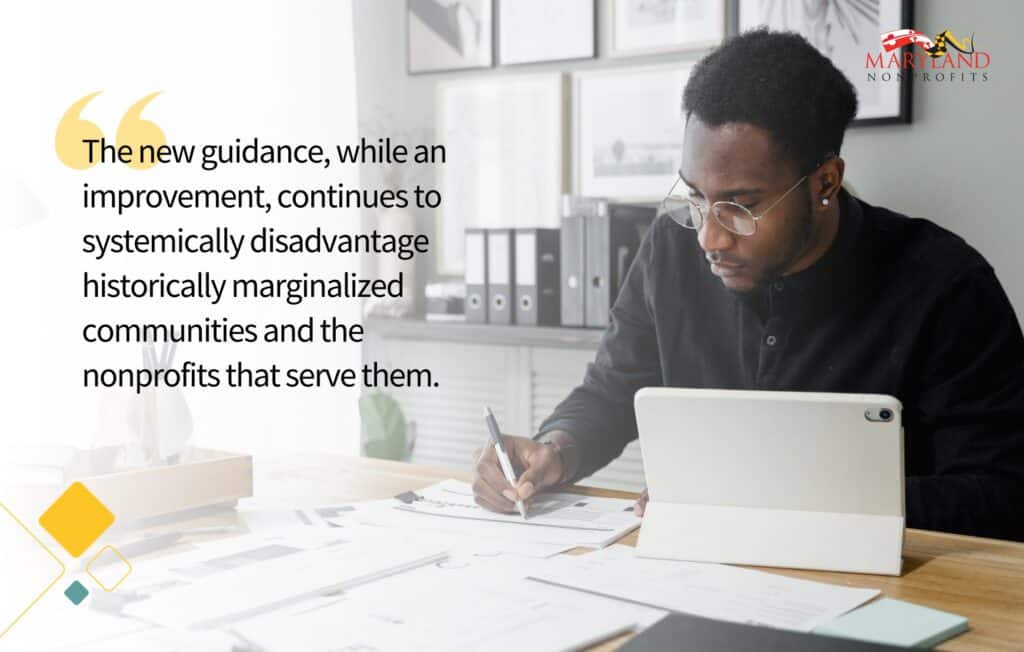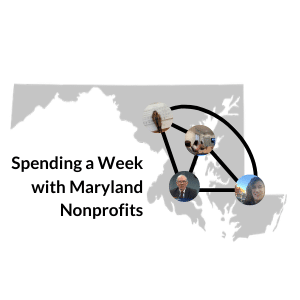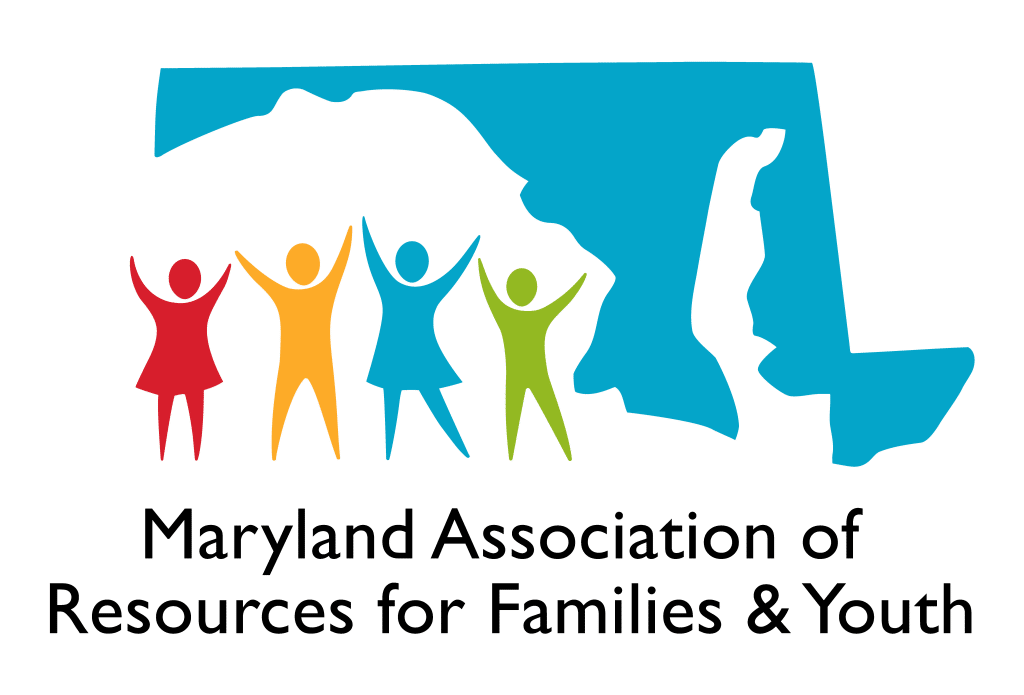By Conner Wolfe, Executive Office Manager
Maryland Nonprofits is the sole association serving Maryland’s extensive array of over 40,000 nonprofit organizations. With a membership of over 1,800, we advocate for greater quality of life and equity. Our organization firmly asserts that government grantmaking should be accessible, particularly for smaller nonprofits disproportionately led by women and people of color and should be transparent and accountable. These principles are crucial for ensuring equitable access to potentially transformative government funding opportunities for all organizations, regardless of size, resources, or the community they serve.
Acknowledging the release of the Finalized Guidance for Federal Financial Assistance by the Office of Management and Budget, we commend the efforts made to address concerns raised by our organization and others in public comment. We must also express our position that the new guidance, while an improvement, continues to systemically disadvantage historically marginalized communities and the nonprofits that serve them.
We appreciate the increase in the de minimis indirect cost rate from 10% to 15% but believe that it remains woefully insufficient to cover essential indirect costs equitably. Given that 92% of nonprofits in Maryland report annual revenue under $1 million, as per the July 2023 IRS Exempt Organizations Business Master File Extract, many potential grantees lack the capacity for formal rate negotiations. Further action is needed to ensure equitable access to federal resources for all nonprofits, particularly smaller nonprofits disproportionately led by women and people of color. We advocate for grants to be generally unrestricted, allowing organizations flexibility to allocate funds according to pressing community needs.
The finalized guidance redefines “matching” within the broader framework of cost sharing, recognizing it as one category of cost sharing. While it provides flexibility for federal agencies in determining cost-sharing requirements, concerns remain that the current approach to matching funds systemically excludes smaller nonprofits. We continue to advocate for the mitigation and elimination of matching funds requirements through proposals such as H.R.787, the Empowering Nonprofits Act.
The guidance removes the requirement to use English language in notices, applications and reporting, which is a positive step towards ensuring equitable access to grant opportunities for all communities, particularly those with limited English proficiency. The US Census Bureau reports that 21.7% of Americans (19.8% of Marylanders) speak a language other than English at home and 8.2% of Americans (7.3% of Marylanders) speak English less than very well. In that regard, the finalized guidance falls short of the comprehensive approach outlined in the Federal Grants Language Accessibility Act of 2023 (S.2471), which directs the Office of Management and Budget to ensure meaningful access to grant information for individuals with limited English proficiency.
Recognizing the importance of training and technical assistance for grantseekers, the finalized guidance directs federal agencies to potentially offer pre-application technical assistance and provide clarifying information for funding opportunities. However, despite these improvements, there remains a gap in federal technical assistance for nonprofits. While the Small Business Administration (SBA) serves small for-profit businesses, we have heard from the SBA time and time again, that they are unable to serve tax-exempt businesses. Enhanced support mechanisms are essential to ensure that nonprofits can efficiently navigate the complexities of the application process for federal grants.
The guidance also recognizes the importance of collaboration between federal agencies and nonprofits, advocating for the development of programs in consultation with communities and leveraging available data and evidence in program design. However, it does not prescribe specific mechanisms for direct engagement between federal agencies and nonprofits. We support legislative efforts such as the Streamlining Federal Grants Act of 2023 (S.2286/H.R.5934), which proposes an interagency grants council to improve coordination across federal grantmaking agencies.
We are very supportive of the new guidance which simplifies reporting obligations, aiming to reduce administrative burdens for grantees. For example, the single audit threshold has been raised from $750,000 to $1,000,000, potentially reducing the number of grantees subject to rigorous auditing. Additionally, revisions to the Notice of Funding Opportunity (NOFO) template seek to minimize obstacles in the application process, making it easier for grantees to understand requirements and comply with reporting guidelines. The use of terms such as “recipient” and “subrecipient” instead of “non-federal entity” aims to eliminate ambiguity and clarify roles and responsibilities.
In conclusion, Maryland Nonprofits, on behalf of the 40,000 nonprofit organizations in Maryland, appreciates the efforts by the Office of Management and Budget to reform Guidance for Federal Financial Assistance. Yet, we recognize the finalized guidance falls short of equity and we continue to support legislative efforts such as those bills mentioned above. We remain committed to working collaboratively towards achieving a more equitable and accessible grant ecosystem for nonprofits across Maryland and the nation.





